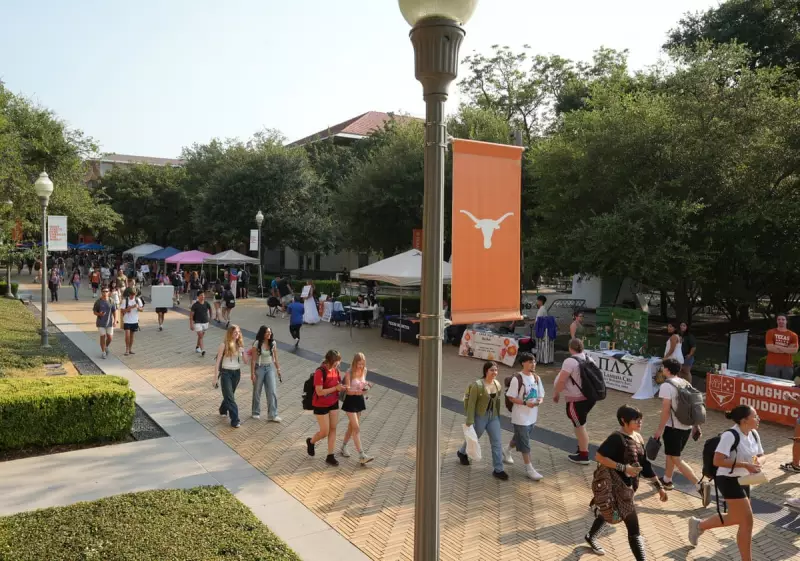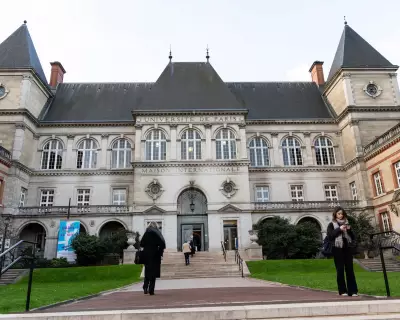
A profound and unsettling shift is underway in the hallowed halls of higher education across the American South. A steady stream of professors, from seasoned veterans to promising rising stars, is choosing to vote with their feet, leaving behind prestigious positions in what is being described as a modern-day academic exodus.
The driving force behind this brain drain is not better pay or superior facilities elsewhere, but a growing climate of political pressure and legislative intrusion that many academics say is making their work untenable. States like Florida, Texas, and Georgia are at the epicentre of this trend, where new laws are perceived as directly challenging academic freedom and the very mission of universities.
The Chilling Effect of New Legislation
Interviews with dozens of departing faculty members point to a common set of grievances. Laws targeting how topics like race, gender, and American history can be taught have created a pervasive atmosphere of fear and self-censorship. Professors report spending more time worrying about whether a syllabus or a lecture might inadvertently breach vague new state guidelines than on their actual research and teaching.
"It feels like you're constantly looking over your shoulder," confided one former professor of sociology from a major Florida university, who asked to remain anonymous. "The intellectual curiosity that is the lifeblood of a university is being systematically stifled."
Departures Create a Vacuum
The consequences of this exodus are already being felt. University departments are struggling to recruit replacements, with top candidates often expressing reluctance to move to states embroiled in such political battles. This threatens not only the quality of education for current students but also the long-term research output and reputational standing of southern universities, which have worked for decades to build their academic prestige.
Beyond the lecture halls, the impact ripples outwards. The loss of highly educated professionals affects local economies and communities. Furthermore, it creates a worrying geographic divide in intellectual capital, concentrating academic innovation in perceived 'safe havens' on the coasts and in the Midwest.
A Region at a Crossroads
This trend presents a critical challenge for state lawmakers and university administrators. The question remains: can a balance be struck between political oversight and the fundamental principles of academic freedom? The future intellectual and economic vitality of the US South may very well depend on the answer. For now, the quiet departure of some of its brightest minds serves as a stark warning of the high cost of political conflict within education.





